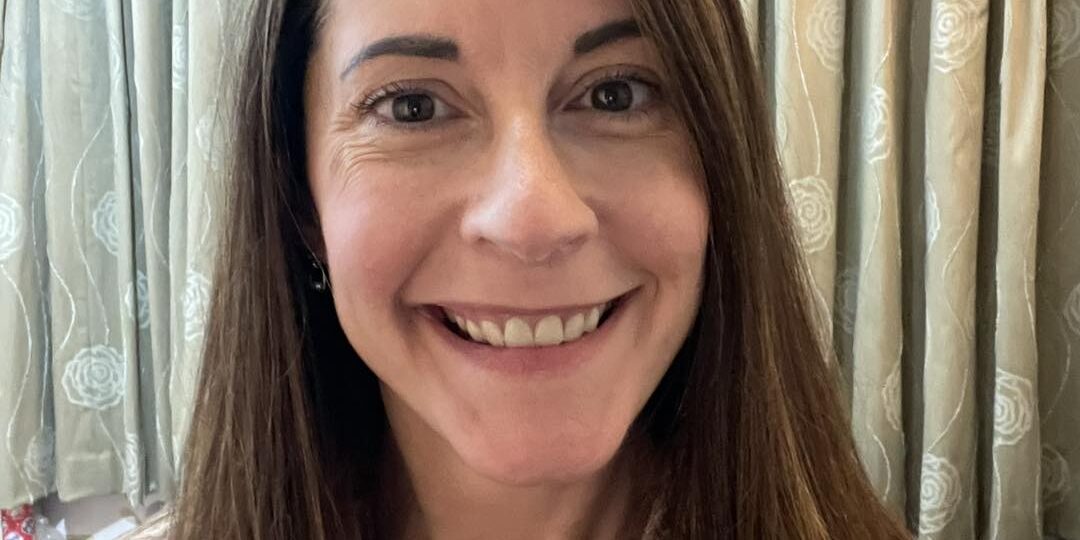Scenario 1:
‘Hey! Are you around this weekend at all? My ME/POTS isn’t very stable yet, so I can’t guarantee 100% but I think I should hopefully be well enough to meet up one lunchtime/afternoon if you’re free and don’t mind taking a chance on me being well enough?’
I texted this to a friend recently, and … well … I think I perhaps need to work on my sales pitch. 😆
A crappy situation all round
Navigating friendships with chronic illness sucks balls. I mean, how are you supposed to ask someone – who’s time and friendship you truly value – to block out time for you on their weekend, when there’s a 50% chance that you may cancel last minute on them?
There is literally no way, as far as I’m aware, other than pure honesty. That, and letting the person know that you totally understand if they don’t want to risk it – and then letting them choose.
… Which is easy to say. But not so easy in practice if the friend actually doesn’t want to take the risk. Because, cancelling would mean leaving them no time to make alternative plans – which isn’t very fair on them. Plus, you would then have to live with the guilt of having wasted their valuable and limited weekend time that they could have spent doing something fun to help wind down from their stressful job, if they hadn’t wasted it on you.
So, let’s circle back to that rather flaky text invitation I sent my friend. I mean, what if she said no, that she didn’t want to risk it. Or, what if she wanted to say no, that she didn’t want to risk it (maybe she was having a shit week at work or family stress or something, and just wanted to have concrete plans to look forward to) – but didn’t feel she could, so she says yes because she’d feel bad otherwise? In the first scenario, I would probably feel like worthless shit, and my feelings of lonely isolation caused by my chronic illness would definitely ramp up a few notches. In the second scenario, my friend would be anxiously trying to come up with backup plans in case I cancelled. But weekends are precious to everyone, and no-one wants to be – or should ever be – someone’s Plan B.
It’s just a crappy situation all round.
The reply
I’m lucky; my friend replied saying she would love to hop on board this incredibly loose plan. And just to make me feel better, she even threw in some of her own situational stuff that made our plan even looser. Score! But most importantly, she showed total understanding of the unpredictable and fluctuating nature of my illness, and nothing but compassion and flexibility around it.
… These are the friends we need in life. ❤
Now, despite this cheery reply (I will tell you whether we actually managed to meet up or not further down) – I’m not always successful in navigating friendships. Let me share a different friendship/socialising predicament I experienced recently:
Scenario 2:
There’s a group of women I haven’t known that long and don’t see very often (but would like to because we have a lot in common and I really like them!), who invited me out one Thursday evening recently. Yay! It was a night I would have really enjoyed, but – rather disappointingly – knew I couldn’t attend, because I already had plans. Plans I was really looking forward to with my seven-year-old son, O.
Now, this would seem like a perfectly understandable and relatable predicament, if it weren’t for the fact that my plans were – wait for it …
TWO DAYS LATER.
I mean, how on Earth do I tell a healthy person (the friend organizing the night out) – who doesn’t know a lot about how my ME/POTS affects me – that I can’t hang out one Thursday evening because I already have plans that Saturday – without sounding like a total dick? How do I make myself sound credible without going into loads of detail about my health when I don’t really want to? Because, that’s also kind of a ‘thing’ … I don’t always want to talk about it.
My reluctance to talk may seem fair enough on the surface; after all, my health is my private business. However, me not talking about it isn’t actually very fair on either of us, because it leaves zero opportunity for them to understand or be supportive. I mean, if I just TOLD them what was going on, then maybe I WOULD feel able to say, ‘I’m sorry, I can’t do this Thursday because I have plans on Saturday.’
… Actually, on second thoughts – I wouldn’t. Just typing that out I can tell I would never feel okay saying that to anyone. It just doesn’t sound or feel right. Which is really saying something after 8.5 years of living with ME/POTS. If it wouldn’t feel right now, almost a decade in, then I can’t help but wonder: will it EVER feel right?
Answer being: probably not. But not being honest will also never feel right. So, what’s a girl to do?
M.E, myself, and I: the REAL challenge
The two scenarios discussed here are just two examples in a life of me constantly wondering how I make my unreliability sound credible, and my no-shows when I have nothing else on for another 2 days sound perfectly reasonable and not downright rude.
Navigating friendships with chronic illness is definitely a challenge. But, having written all this out, I can now see that the main challenge isn’t necessarily my illness; it’s myself.
In the first scenario, I was brutally honest, and it worked out well. We did manage to meet up and had a fantastic (and rather boozy) afternoon. Yet, myself and the same friend have experienced other occasions where I have had to cancel our plans last minute because I’m really not well enough on the day. And on those occasions, she has been full of compassion, understanding, and genuinely wanted what was best for my health. Definitely the sign of a good friend.
In the second scenario … honestly – I dodged the invite altogether. As in, I didn’t even address it; I gave no excuse and asked if we could meet up the following week instead. It may well have seemed a bit odd, albeit I think my execution of it went relatively well. Or at least, that’s what I tell myself to quiet my anxiety over it. In reality, my friend organizing the night out may have (quite rightly) thought I was being a bit weird, rude, and/or flaky. But she never let it show if she did. Which just reinforces her kindness – and the fact that I was a rubbish friend on this occasion who should have just been honest. Because, although I don’t always want to tell people about it – being honest feels way better than being avoidant. I can’t expect any friendship to flourish if I don’t let the person in.
The right people
When it comes to navigating friendships with chronic illness, I’ve learned that it’s crucial to let people in. Because, the right people will understand. And even if they don’t understand – the right people will at least try to be supportive. The right people won’t want to say no to my invite, just in case I cancel on them; they will want to enjoy my ‘good days’ with me, doing something fun. And on my ‘bad days,’ they will simply learn to adapt to last minute changes to our plans the same way I have learned to adapt to last minute flare-ups that cause me to cancel those plans.
And it works both ways. Because, as much as I deserve the right people in my life – the right people don’t deserve my bullshit avoidance; they deserve my true, honest self. I have therefore decided to be more honest about my struggles from this day forth.
How does that saying go again? Those that matter, don’t mind, and those that mind, can go fuck themselves.
… Or something incredibly profound and similar to that. 😉









